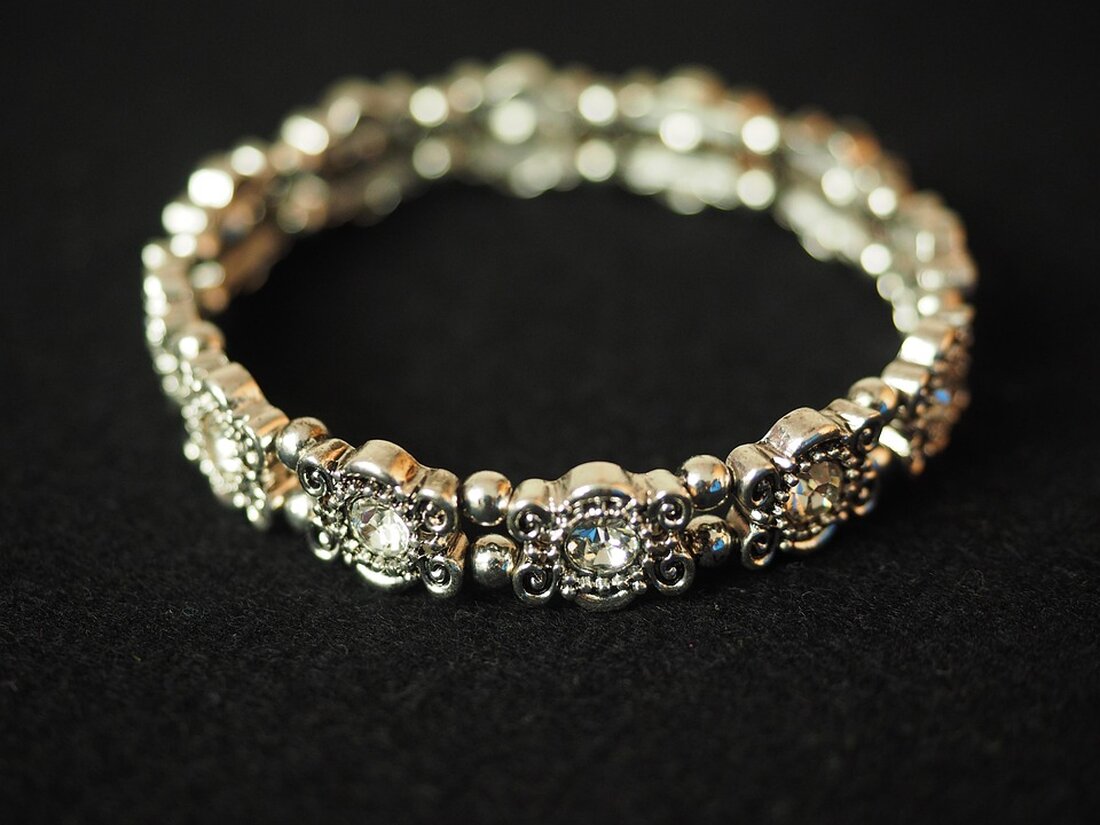Like the most valuable company in the world in the conflict between Trump and China
How the world's most valuable company Nvidia was involved in the trade dispute between Donald Trump and China and what effects this has on technology and national security.

Like the most valuable company in the world in the conflict between Trump and China
The Nvidia Corporation, the most valuable company in the world, is involved in the historical trade war of President Donald Trump against China. The result is an extraordinary compromise from a company with a value of $ 4.5 trillion, which will secure the United States a share of every state-in AI chip sold in China.
Details of the business with the US government
NVIDIA and AMD have agreed to pay 15 % of their income from the sale of semiconductors to the US government to China. In exchange, companies receive licenses for the export of their technology to China.
In April, the White House blocked the export of certain AI chips to China, including Nvidia's H20 chips and AMDS Mi308 chips. The agreement with the Trump administration enables companies to receive export licenses and to resume the sale of these chips in China.
The negotiations and their relevance
Nvidia already indicated this deal last month when the company announced that it would resume the sale of the H20 chips in China after the Trump administration had signaled that it was ready to allow export certain AI chips. Nvidia originally requested a 20 % share, but the company was able to negotiate 15 % in the negotiations.
The deal came about after a meeting between Nvidia CEO Jensen Huang and President Trump. Although the export licenses were granted on Friday, no deliveries have been carried out so far.
What does this mean for national security?
In recent years, the US government has tried to restrict China's access to advanced American technology in order to slow down its progress in the field of AI. However, the U -turn of the White House during export controls could be recognition that China is still making progress in the AI area. It could also be a way to generate additional income for the US government.
The reality is that it remains unclear whether the 15%payment actually represents a solution for national security concerns or whether half the collateral it should actually make sense for the government.
The role of Nvidia and market demand
NVIDIA launched the H20 chip last year to maintain access to the Chinese market, which made 13 % of the company's sales in 2024, despite the export control imposed on the bid administration. After the blockade of the H20 sales, Nvidia said that the company had to accept billions of losses due to export controls in the first quarter and predicted a similar result in the second quarter.
The importance of the chips and the possible delivery of further technologies
Trump described Nvidia's H20 chip on Monday as "outdated", but experts contradict this assessment. There seems to be sufficient demand from China that enables Nvidia to see the 15%commission as a reasonable price for re-entry into the market.
Trump left the possibility that Nvidia may be able to export its extremely powerful Blackwell chips at a higher price. However, the status of these chips and the negotiations for their export remain unclear.
Conclusion
The developments in Nvidia and the effects on trade with China show the complex relationships between technology, trade and national security. While the company is trying to operate in a controversial market, the immediate income and strategic decisions of the US government are likely to have significant effects in the industry.

 Suche
Suche
